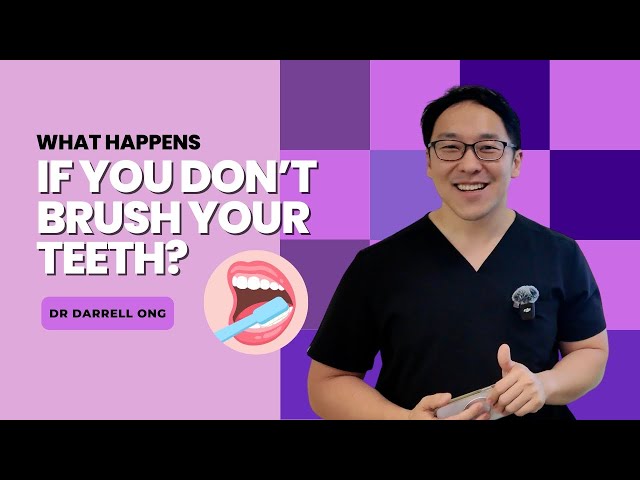About The Video
Recovering from wisdom tooth removal can feel overwhelming if you’re unsure what to expect. In this video, Dr Jo Ann explains the immediate after-effects such as numbness, minor bleeding, and swelling, while also providing clear guidance on how to care for yourself during this crucial period. Her practical advice helps you avoid common mistakes and stay comfortable.
She also discusses pain management, diet adjustments, and essential do’s and don’ts for a safe recovery. From resting and eating soft foods to gentle rinsing and avoiding alcohol or smoking, Dr. Jo Ann highlights key steps to speed up healing. Whether you’ve just had your wisdom teeth removed or are preparing for surgery, this video will guide you through what’s normal and when to seek help.
Wisdom tooth removal is one of the most common oral surgeries, and recovery plays a big role in how quickly you can get back to your daily routine. After the procedure, it’s normal to experience numbness, swelling, and minor bleeding, but knowing how to manage these makes the process less stressful. Using ice packs in short intervals can reduce swelling, while prescribed painkillers help keep discomfort under control.
Rest is critical. Do avoid heavy exercise for the first few days and stick to soft foods like soups and yogurt that are gentle on the extraction sites. Maintaining oral hygiene with gentle saltwater rinses prevents infections and supports healing, but avoid disturbing the blood clot. Most people recover fully within one to two weeks, but if you notice excessive bleeding, swelling spreading to the neck, or unbearable pain, it’s important to contact your dentist right away.


.png)
.png)
.png)
